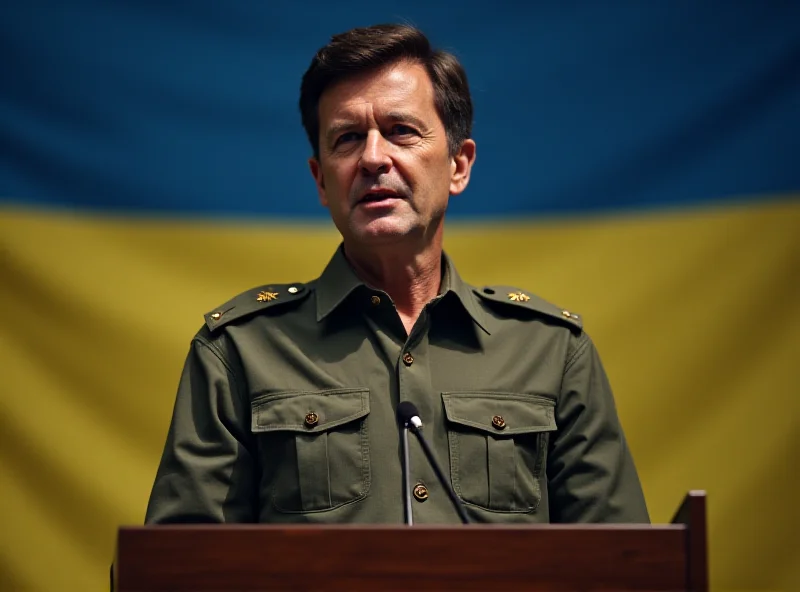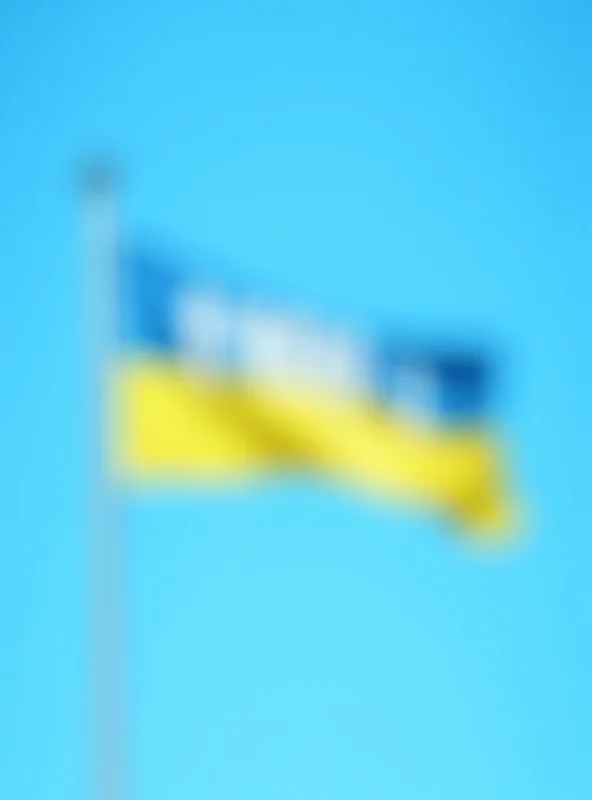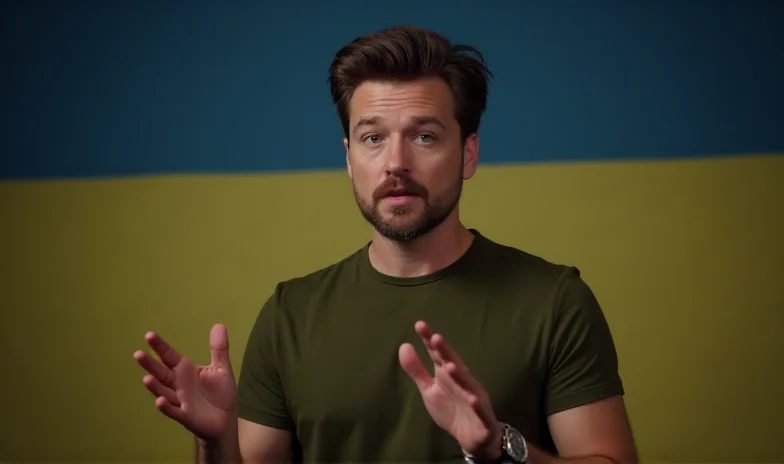Ukrainian President Volodymyr Zelensky is reportedly prepared to step down from his position if it leads to peace in Ukraine or if the country is granted membership in NATO. This news comes amidst ongoing discussions about international support for Ukraine and potential shifts in the country's defense leadership.
Zelensky's Stance on Resignation
According to reports, Zelensky is considering resignation as a potential pathway to achieving a resolution to the conflict in Ukraine. His willingness to step aside highlights the immense pressure he faces in navigating the complex political and military landscape. The offer to resign in exchange for NATO membership suggests a strategic calculation aimed at securing long-term security guarantees for Ukraine.

However, this potential move is intertwined with ongoing debates about the level of financial assistance Ukraine is receiving. Former US President Donald Trump has reportedly called for a reimbursement of funds allocated to defending Kiev, adding another layer of complexity to the situation. The actual amount of American aid to Ukraine remains a subject of discussion, with figures ranging from 175 billion to 500 billion dollars being cited.
Changes in Defense Leadership?
Amidst heightened security concerns, the position of Defense Minister is becoming increasingly critical. In the Czech Republic, the ANO movement, led by Andrej Babiš, is actively searching for candidates to fill this role in the upcoming autumn elections. One name frequently mentioned is Jakub Landovský, the head of the Aspen Institute and former ambassador to NATO.

These potential changes in leadership reflect the evolving geopolitical landscape and the need for strong, experienced individuals to navigate the challenges ahead. The appointment of a new Defense Minister could signal a shift in strategic priorities and approaches to national security.
Restrictions on Travel for Journalists and Artists
Adding to the complexity of the situation, President Zelensky has implemented a ban on overseas missions for journalists and artists. This decision comes as part of the martial law imposed since the beginning of the invasion, which already prohibits men between the ages of 18 and 60 from leaving the country. Starting March 3, exemption letters that previously allowed short trips abroad will no longer be issued.

"Since the day of the invasion, martial law has been in effect and there is a ban on leaving the country for males between the ages of 18 and 60," according to a statement from the Ukrainian government.
This measure has raised concerns about freedom of the press and artistic expression, but the government maintains that it is necessary to ensure the safety and security of the nation during wartime. The decision highlights the difficult choices leaders face in balancing individual liberties with national security imperatives.
